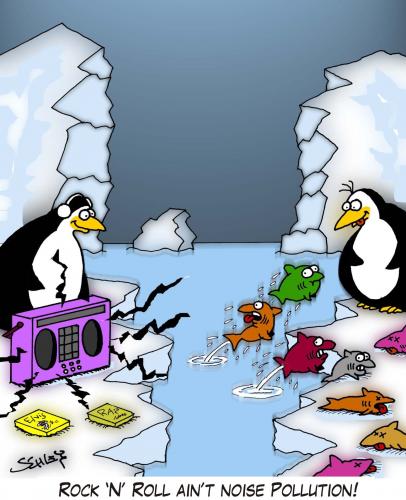ISKCON Devotees and the Danger of Hearing Loss
By Premavilasa Das | May 22, 2011

ISKCON Devotees and the Danger of Hearing Loss
During the North American GBC and Temple President’s Meeting in New Vrindavana this past May 13-15, a presentation was made about the dangers of hearing loss for members of ISKCON.
Dr. Piyush Gupta, a medical doctor who practices in Columbus, Ohio warned the assembled leaders that failure to monitor and sometimes limit the volume of kirtans in ISKCON Temples could contribute to permanent hearing loss and its attendant complications. This is a serious issue, and we present the following question and answer with Dr. Gupta, or Premavilasa Das, as a issue of concern for our community’s well-being.
Hearing loss is a very common finding as devotees get older and it is becoming an increasingly recognized problem among older devotees. Let`s review what it is and how we can best protect ourselves against it.
What causes hearing loss?
Old age and chronic exposure to recreational noises are the two biggest risk factors for hearing loss.
• Old age, 1/3 of all people between age 65-75
• ½ of all people over 75
• Chronic exposure to loud noises: occupational and recreational
What are the symptoms of hearing loss, what should I watch out for?
These are the main symptoms:
• Muffled speech
• Difficulty understanding against background noise
• Frequently asking others to speak slowly, more clearly, and loudly
• Tinnitus (buzzing noise in the background)
• Withdrawal from conversations
• Avoidance of certain social settings
How is sound measured?
Sound is measures in decibels (DB). For every 10 DB increase in sound level, we perceive the sound to be twice as loud.
What is the safe range and risk range for hearing?
Whisper is 30 decibels and normal conversations happen between 50-70 decibels and are considered safe for hearing. Washing machines and household appliances produce about 70 decibels.
Sounds above 80 decibels are considered in the risk range meaning chronic exposure to noises above 80 DB can produce progressive hearing loss over a number of years. If you are regularly exposed to sounds above 80 DB, it is recommended that one wears some kind of protective hearing device (ear plugs etc). Below are the maximum noise exposure allowed by law in USA (protective devices recommended.)
80 DB 8 hours
90 6 hours
95 4 hours
97 3 hours
100 2 hours
102 1.5 hours
105 1 hour
110 30 minutes
115 15 minutes or less
Kirtan with microphone performed in an enclosed room reaches 80-85 DB and if instruments like whompers or bigger kartals or multiple mridangas are used, sound level easily crosses above 95 DB. Poor acoustics can also account for increased sound levels. In the beginning, people who are exposed to loud noises suffer from high frequency hearing loss and then later on develop low frequency hearing loss progressing to deafness.
Are children at risk?
Children less than 6 years old are at increased risk for developing hearing loss when exposed to sounds above 80 DB.
What are the complications of hearing loss?
• Depression
• Anxiety
• False sense that others are angry with you
• Insomnia
• Suicide
Can hearing loss be prevented?
Yes, it can be prevented by taking the following measures:
• Avoid noise above 85 DB
• Wear earplugs or hearing protective devices
• Protect ears of children
• Be alert to hazardous noise
What we can do collectively to protect the ears of devotees and our children?
• Be extremely mindful of using bigger kartals/whompers/multiple mridangas in closed room settings.
• Avoid sounds, which are distracting and take away from the meditation of sweet kirtan.
• Educate devotees about hearing loss.
• Make policies at local levels
• Build temple rooms with proper acoustics, and equip them with proper speakers, microphones etc.
• Wear protective devices (ear plugs) if other devotees are not considerate.














